
Reconsidering Bank Capital Regulation
A New Combination of Rules, Regulators, and Market Discipline
Recommendation
The 2008 financial crisis and other instances of bank failures testify to the fact that the supervision of banks’ capital requirements has hazardous shortcomings. Duke economics professor Connel Fullenkamp and IMF economist Céline Rochon make a robust case for simpler rules, empowered regulators and greater market discipline that would eliminate a one-size-fits-all approach. However, their arguments place great faith in the same regulators who have been found lacking time and again. Although this IMF report doesn’t refer to regulators’ most important function – ensuring that banks use their capital appropriately to fuel economies – getAbstract recommends this analysis as a necessary read for bankers, policy makers and those responsible for keeping the global banking system stable.
Summary
About the Authors
Connel Fullenkamp is a professor of economics at Duke University. Céline Rochon is a senior economist at the IMF Institute.








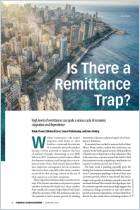

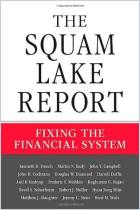
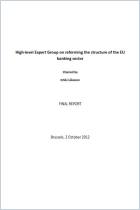
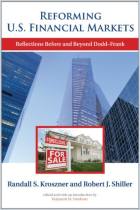
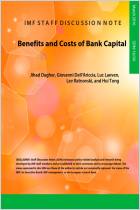
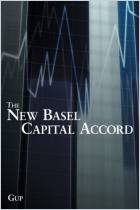





Comment on this summary or Comenzar discusión